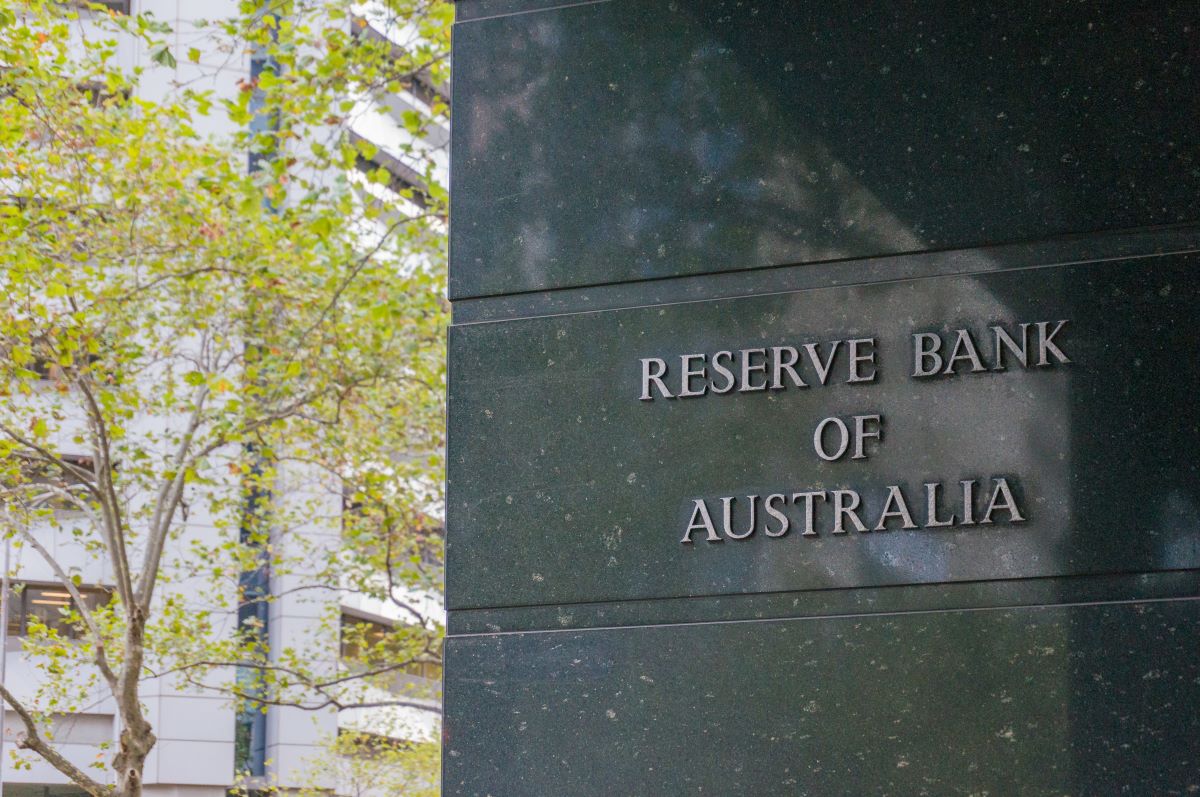To tackle inflationary challenges within the Australian economy, the Reserve Bank of Australia (RBA) initiated interest rate increases in May 2022 and continued this trend throughout 2023. Before the commencement of these rate hikes, numerous analysts expressed concerns about the economy’s vulnerability to a rate shock.
In a recent insight published by Columbia Threadneedle Investments, the asset manager says that this apprehension stemmed from Australia having some of the highest global house price-to-income ratios and the shortest maturity debt stock.
However, Christopher Mahon, Head of Dynamic Real Return, Multi-asset at Columbia Threadneedle, asserts that the strength of the Australian economy exceeded initial expectations.“The fact the Australian economy did not react as many northern hemisphere experts believed was something we talked about a lot. It was a key demonstration for us that this cycle is different and illustrated why forecasts of rate hikes pushing the world into recession were wrong,” explains Mahon.
Moreover, he highlights that Australia exemplifies how a disciplined private sector can endure significant rate shocks. Unlike the US with its 30-year mortgages, Australia’s floating or short-term mortgages promptly respond to Reserve Bank policy rates, notes the asset manager. This results in a more notable impact of rate hikes on Australian households compared to the US, UK, or Europe, according to Columbia Threadneedle.
“So, when the rate hikes came, many were surprised that the macro impact on the Australian economy was fairly muted. A reader would have to use a magnifying glass to see substantive impact on indicators such as employment, output, or real estate,” contends Mahon.
Additionally, according to Bank for International Settlements (BIS) data, private sector debt in Australia has remained stable as a percentage of the country’s GDP over the past decade. In contrast, government debt has expanded. Citing the example of the US and UK, Mahon suggests that this is true for most countries around the world.
“Private sector discipline means corporates and households can – even in extreme cases such as Australia where the transmission is swift – absorb the pain from rate hikes in a reasonable fashion,” elucidates the asset manager.
For a long-term outlook, Columbia Threadneedle disagrees with the common perception that interest rate hikes will impact the Australian labour market, corporate profitability, and declining sales volume.
“The Australian canary is still singing, and interest rates have not knocked that economy into a tailspin. So it is probably unlikely that other economies, which have the protection of longer-term mortgage profiles, will be knocked off course either,” opines the asset manager.


 Australia
Australia China
China India
India Indonesia
Indonesia Japan
Japan Malaysia
Malaysia Philippines
Philippines Singapore
Singapore South Korea
South Korea Taiwan
Taiwan Thailand
Thailand Vietnam
Vietnam







